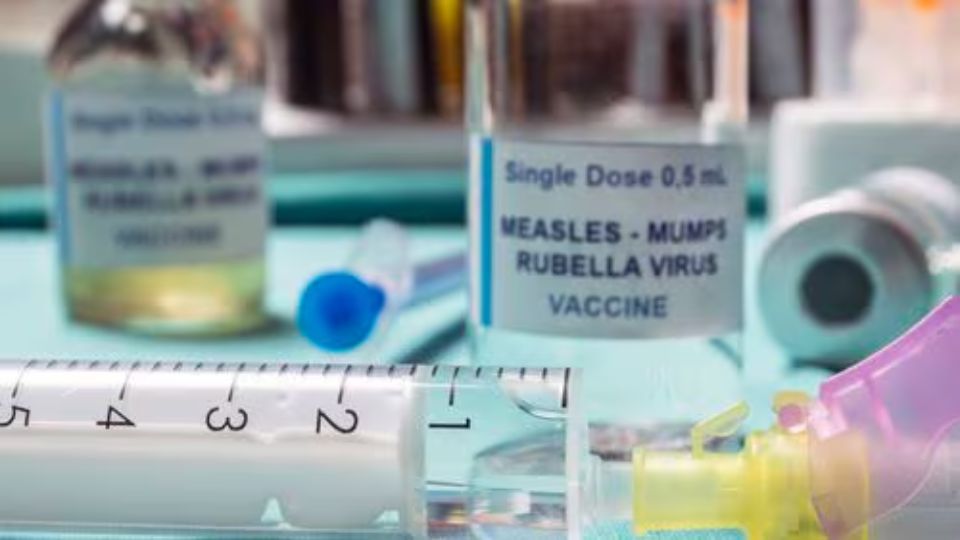The state Department of Public Health has confirmed that there has been a third case of measles in Georgia this year.
The person who got sick did not receive any vaccines and was traveling abroad with students. According to officials, the person is not living in the U.S. and is currently staying at a local hospital for treatment.
The department is trying to find out who might have come into contact with the person while they were infected.
Public health officials said that measles, which is a contagious virus, can spread through the air when someone coughs or sneezes. According to public health officials, the virus can stay in the air or on surfaces for up to two hours after the infected person has left the room.
The symptoms of the virus usually appear in an infected person about a week or two after they have been in contact with it. The symptoms start at the head. According to public health officials, symptoms of the virus include a high fever, cough, runny nose, watery eyes, and a rash.
Also read: New Strict Limits On Water Chemicals Announced in Massachusetts
“You can prevent measles by getting the MMR (measles, mumps, rubella) vaccine.” Public health officials said in the release that the vaccine is safe and effective.
Public health officials recommend that children get their first dose of the MMR vaccine between 12-15 months of age, and a second dose between 4-6 years old, according to the Centers for Disease Control and Prevention.
“Over 95 percent of people who get one dose of MMR will become immune to all three viruses.” Public health officials said that getting a second dose of the vaccine increases immunity and usually improves protection to 98 percent.
If you have symptoms of the measles, please call your doctor’s office before going there for care. Health-care providers are being asked by public health officials to promptly notify the Department of Public Health if they suspect a patient has measles.



Leave a Reply